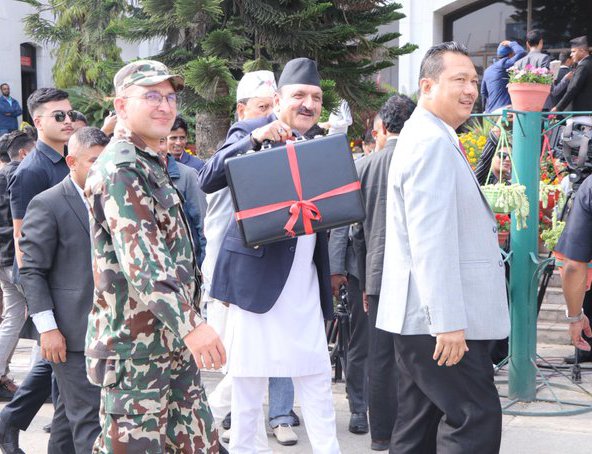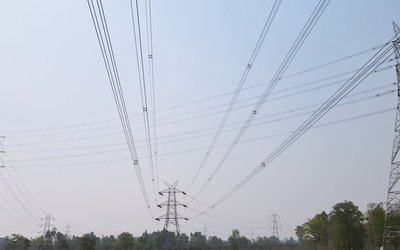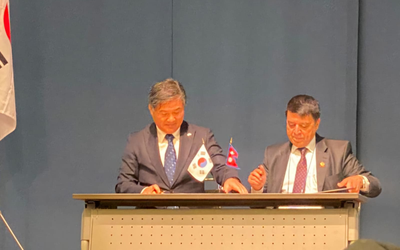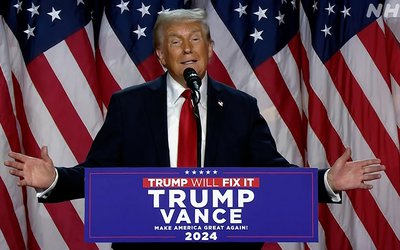
Chandra Prasad Dhakal, president of the Federation of Nepalese Chamber of Commerce and Industry (FNCCI), said that the budget has incorporated some of their suggestions. “Budget for the next fiscal year has been tabled at an uneasy time, and implementation aspect matters more than the assurance made in it,” he said, adding that the business community was happy with the assurance of the government in the document.
He said efforts made to reduce expenses in some areas of the economy were laudable. Dhakal further said that the issues like gaining the confidence of the private sector, time limitations on the area and subsidies on land acquisition were positive initiatives included in the document. Dhakal further said though some plans have been reduced, the budget should be looked at in detail before making the actual comments.
Similarly, Vishnu Agrawal, president of Confederation of Nepali Industrialists (CNI), said that some of the demands of the private sector like their participation in electricity distribution have been included in the budget. “Initiatives to operate industrial zones in the PPP model, private sectors’ presence in electricity distribution, and mandatory use of the made in Nepal products are in budget. However there is nothing that excites the investors,” he added.
Umesh Prasad Singh, president, the Federation of Nepalese Cottage and Small Industry (FNCSI), said that homegrown small and cottage entrepreneurs were excited by the budget document as it has assured assistance to them. “Small industries that were facing problems because of the COVID-19 pandemic and earthquake are optimistic now,” he said.
Economist Keshab Acharya said that the budget looked scattered rather than focusing certain areas.
“The government has unveiled budget by covering various sectors instead of focusing concrete policies and programmes for boosting the economy,” he said.
Despite the limited resources and opposition of people towards the Constituency Development Fund, the government has allocated the budget to the Constituency Development Fund, which is the negative aspect of the budget.
However, he said that the government and the finance minister have dared to reduce the size of the next year’s budget from the size of the current financial year’s budget, which is appreciable, encouraging and seemed to be implementable.
He said that the budget has focused on increasing the capital expenditure with effective programmes to accelerate the development works , and it is also a positive aspect of the budget.
“Similarly, another good provision in the budget is the inclusion of subsidy on agriculture based on the production, ” he said.
- Trump threatens tariffs if EU won't import large volume of US oil, gas
- Dec 22, 2024
- South Korean Investigators Issue Summons To Yoon, question Prime Minister Han
- Dec 21, 2024
- Russian Missile Strike On Kyiv Kills One, Damages Building Housing
- Dec 21, 2024
- India, China agree on resumption of Kailash Mansarovar Yatra, cross-border river cooperation, Nathula border trade
- Dec 20, 2024
- Russia Advancing Toward Priority Goals In Ukraine: Putin
- Dec 20, 2024
















